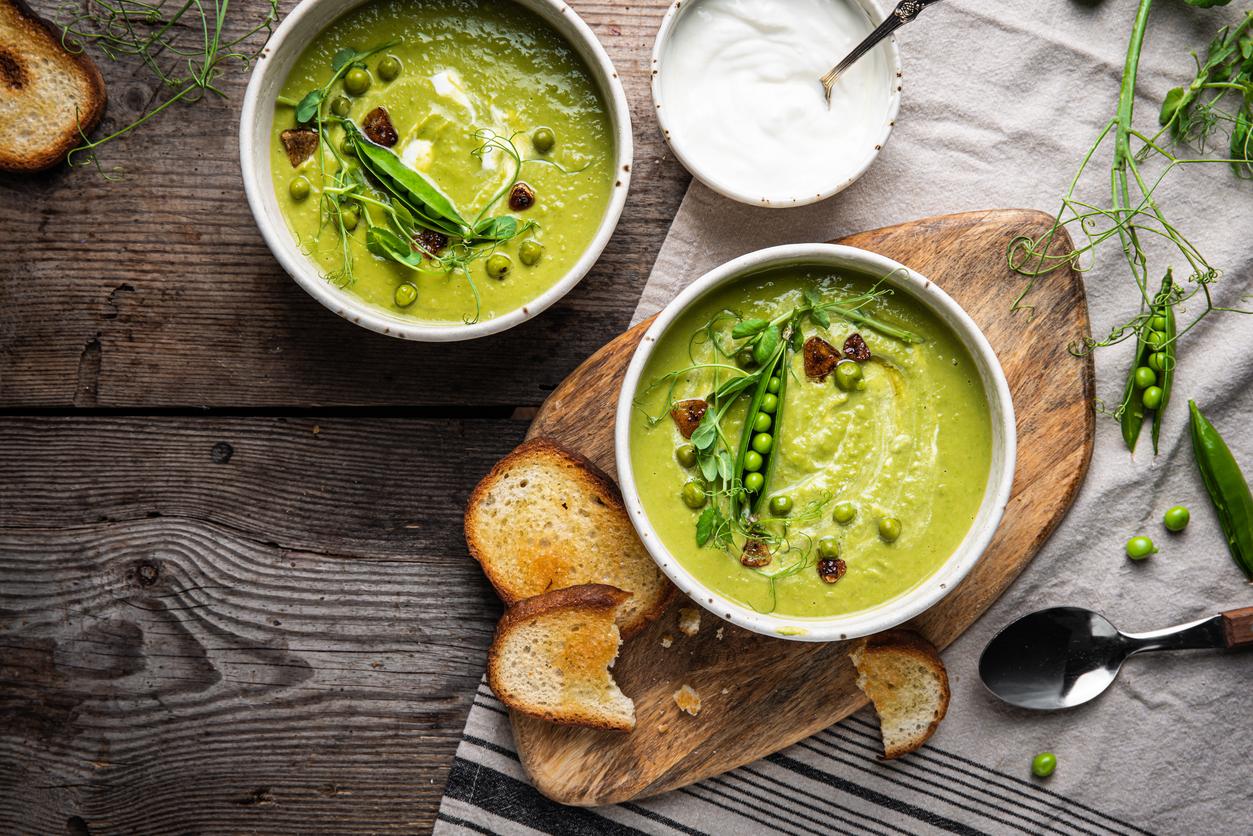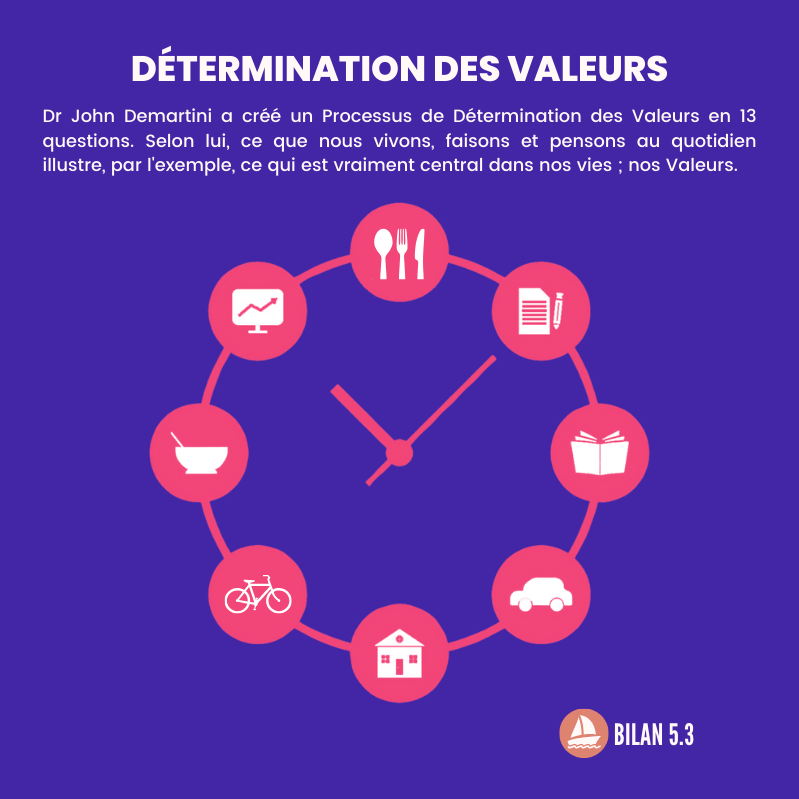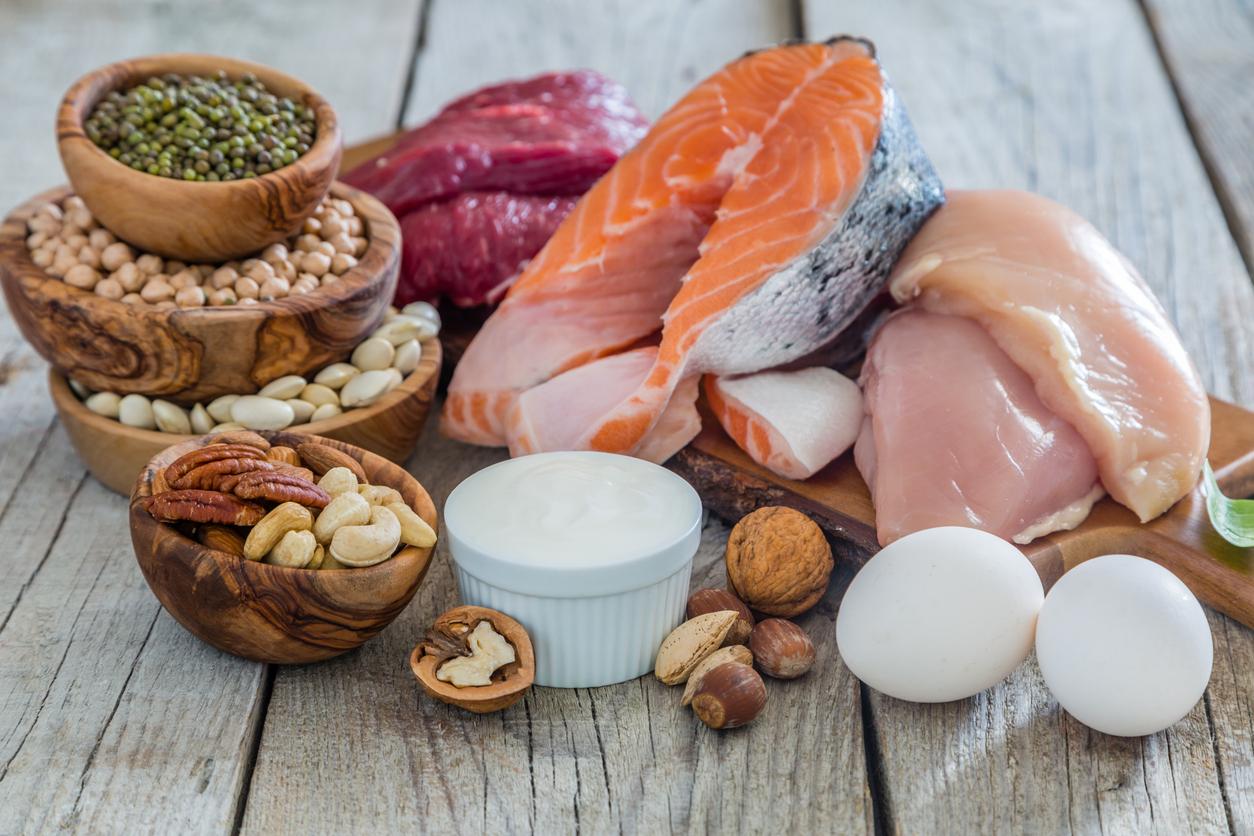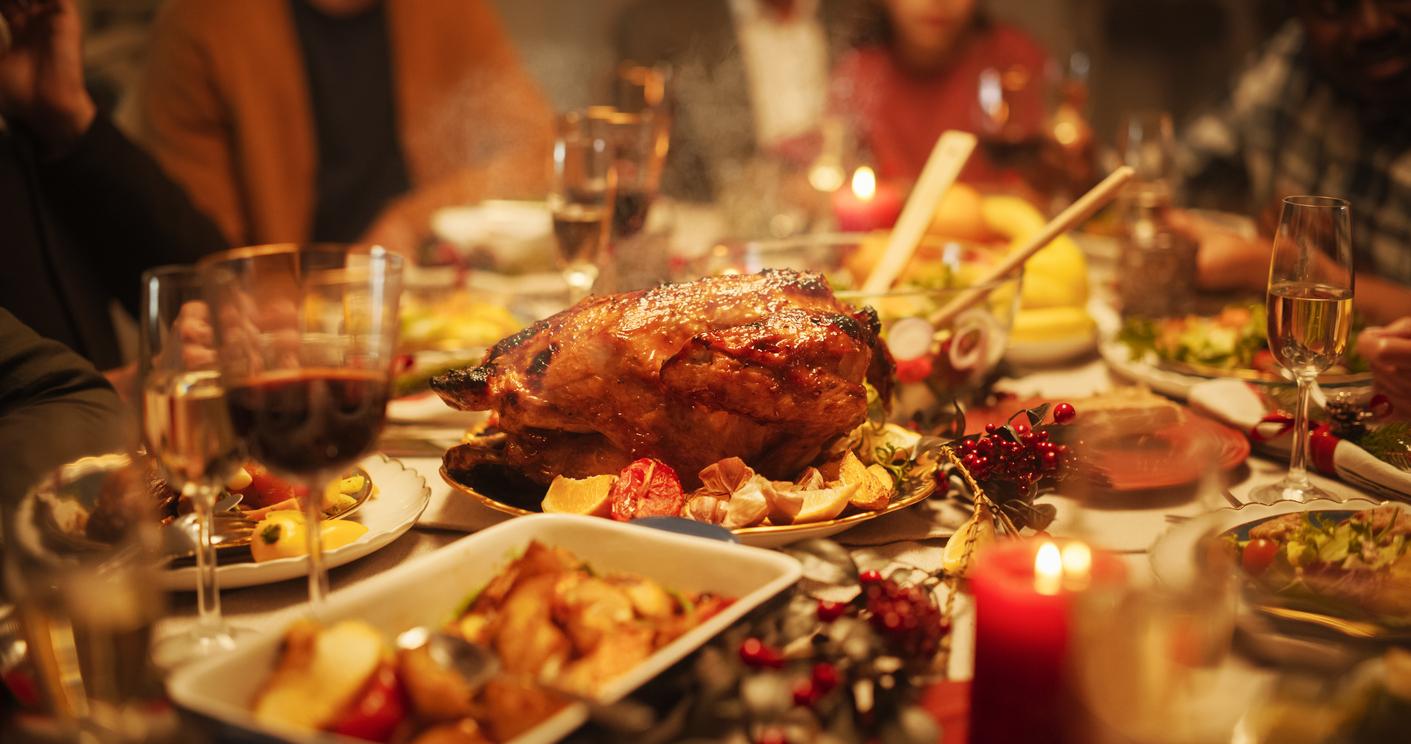
Eating advice for overweight, malnutrition and illness
If there’s one topic we like to get advice on, it’s nutrition. There are many possibilities for that. What kind of complaints or questions do you have at the right address with a dietitian?
A dietician specializes in nutritional issues in relation to illness and health. He or she can help you with obesity and malnutrition. There are also dieticians who have further specialized in certain disorders or target groups. Examples of well-known specializations: nutrition for the elderly, nutrition for athletes, eating disorders, hypersensitivity to certain foods.
Which complaints?
There are many diseases and conditions where it is extra important to pay attention to your diet. A healthy diet is also crucial to prevent certain diseases and disorders as much as possible. In addition, there are various diseases and conditions that make eating and drinking less easy. In all three cases, a dietitian can help you. This often concerns advice regarding overweight, malnutrition and diabetes.
Other examples are:
- anemia
- kidney disease
- heart and vascular disease
- stomach and intestinal complaints
- skin conditions
- fatigue and low energy
- cancer
As people age, taste and food preferences can change. People with cancer often experience an extra large change in taste. The taste can also change with the use of certain medicines. A dietitian can also advise on this. And if eating and drinking becomes more difficult, for example due to dementia, a dietitian can help make eating and drinking more fun and easier.
What can you expect?
What is healthy food for one person is not necessarily healthy for another. A good dietitian will look very specifically at your personal situation. Of course he/she will look at what you need in terms of building materials (vitamins, proteins and carbohydrates). But if all goes well, the dietitian also ensures that the food and drinks are as pleasant as possible. Many dietitians cite healthy alternatives for snacks and send you practical recipes.
There are many myths about nutrition. A dietitian can also explain what myths are and what facts are.
Dietitians often work together with general practitioners and other health care providers, such as physiotherapists. For example, there is also a lot of collaboration with specialists in the field of cardiovascular disease, diabetes and stomach and intestinal complaints.
Quality
In principle, anyone can give advice on nutrition and diets. But the professional title of dietitian is protected by law. Someone may only call himself a dietitian if he/she has completed a recognized four-year HBO course. Dietitians can voluntarily register in the Paramedics Quality Register.
Various associations for dieticians are working on quality assurance. The largest professional association is the Dutch Association of Dieticians (NVD). A dietitian who is a member of this association must adhere to various quality requirements.
The Services Coöperatie Nederland is a network of independent dieticians. All their members are registered in the Paramedics Quality Register. They can be found via www. dcn-dietist.nl. Dieticians are also employed who are not members of either professional association.
Sources):
- Plus Magazine















